
May 1, 2025 — May is National Digestive Disease Awareness Month. People suffering from digestive diseases experience severe pain, daily discomfort and personal distress. Chronic Pancreatitis is an extremely painful digestive disease. Until recently, people who suffered with chronic pancreatitis had to simply live with the pain. May is also the month set aside to celebrate mothers. While seemingly unrelated, these two monthly observances are very important to a Children’s Organ Transplant Association (COTA) family in Knoxville, Tennessee.
COTA Mom Jennifer Atchley recently shared their daughter’s Islet Cell Transplant journey narrative:

In 2014, when our daughter, Natalie, had just started Kindergarten, she began experiencing severe stomach pain. We thought her pain may have been caused by the anxiety of starting school, or the normal ‘my tummy hurts’ that other five-year-olds say. As time progressed, she would wake up in the middle of the night screaming in pain and we quickly realized this was more than anxiety or just ‘tummy pain.’ After ongoing genetic testing, we learned Natalie carries a genetic mutation gene, PRSS1, that affects her pancreas. After her diagnosis, we were referred to Cincinnati Children’s Hospital. Under the care of Cincinnati Children’s GI Department and Surgery team, we were able to finally get some answers. Natalie was diagnosed with insufficient pancreatic enzymes, which are needed to break down food. To supplement, Natalie had to start taking lab-created enzymes when she consumed any type of food.
On October 10, 2014, Natalie was diagnosed with Chronic Pancreatitis PRSS1. Between 2014-2021, Natalie was hospitalized multiple times and had nine surgeries on her pancreas to remove stones and sludge. For many years, she has had to deal with chronic pain that has impacted her life and caused scarring to her pancreas. In September 2021 when Natalie was 12, we travelled to Cincinnati once again to have an evaluation to determine if she was a candidate for a Total Pancreatectomy with Islet Cell Auto-Transplantation (TPIAT). The Cincinnati team determined Natalie needed to have the ‘big surgery.’
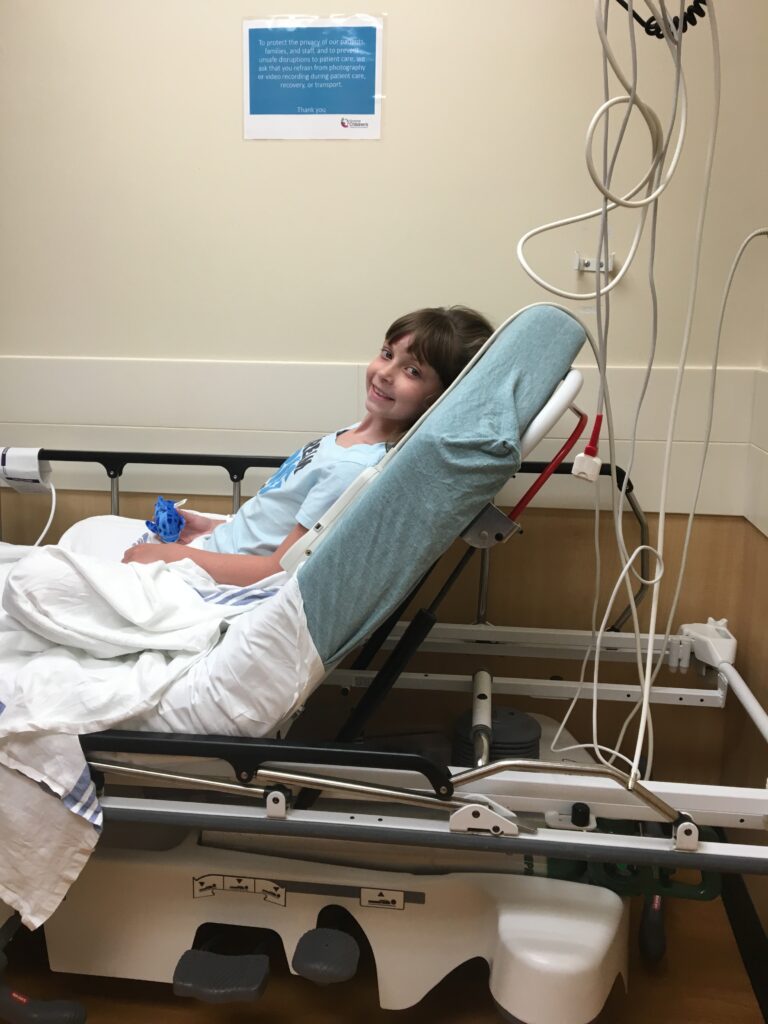
A transplant social worker who was part of that Cincinnati team introduced the Atchley family to the Children’s Organ Transplant Association and suggested they might want to reach out and learn more. Jennifer called the COTA office on January 21, 2022, to ask specific questions about how COTA could help with transplant-related expenses associated with a TPIAT.
COTA uniquely understands that parents who care for a child or young adult before, during and after a life-saving transplant have enough to deal with; therefore, COTA’s model shifts the responsibility for fundraising to a team of trained volunteers. COTA is a 501(c)3 charity so all contributions are tax deductible to the fullest extent of the law, and funds are available for a lifetime of transplant-related expenses. Ten days later on January 31, 2022, their signed agreement arrived at COTA’s headquarters … the Atchley family officially became part of the COTA Family, and Natalie became a COTA Teen.
Natalie was scheduled to have the TPIAT surgery in May 2022. This surgery would consist of removing multiple organs, removing the islet cells from her pancreas, and transplanting them into her liver. Natalie would have her pancreas, spleen, gallbladder and appendix removed at the same time. The TPIAT surgery is so rare that our family had to travel 250 miles (almost four hours), to have the surgery. We were required to live in Cincinnati for a few months while Natalie was recovering. Almost instantly, COTA helped with transplant-related expenses, such as medications, diabetic supplies and travel/lodging expenses associated with a long-term stay in Cincinnati.
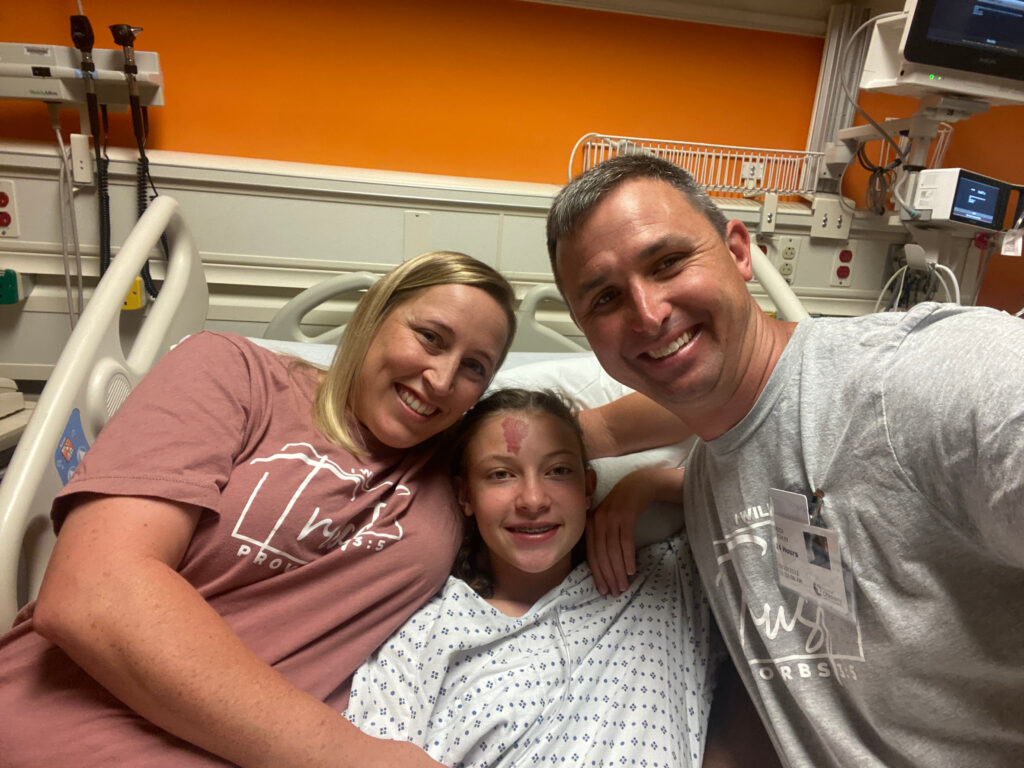
Natalie’s surgery took place on August 30, 2022, lasting a total of 13 hours. Throughout the agony of those 13 hours, we walked halls, prayed in corners, and sat in a hospital room waiting to hear that our girl was OK. When we were told we could see her, our hearts were not prepared for what our eyes experienced. The nurses had warned us about the ‘monster pole’ but we could never have imagined what we saw. Our girl was lying there, hooked to so many tubes – more than we could count. It was hard to fight back the tears. Seeing her asleep and breathing brought relief, but seeing her helpless brought fear and apprehension. Seeing her for the first time post-transplant, we knew we had a very hard road ahead of us.
We took each hour as it came, and counted each milestone as it came. Natalie’s goals slowly increased from moving fingers to walking the halls … and eating ice to eating bread. We knew each little improvement was what mattered. There were times it felt like one step forward, two steps backwards. However, the gift of COTA was it allowed her dad and me to both be off work and at the hospital with her, day and night, without the worry of losing our home. Because of COTA’s commitment to our family, we were able to pay our bills and take care of our child who needed us by her side.
Natalie spent three months in Cincinnati. She went to physical therapy three days a week, and saw at least one doctor a day over the course of those three months. Our lives were consumed with doctor appointments, therapy and trainings. We had to learn how to care for her, specifically trainings to learn how to manage her diabetes. As a family, we have had to learn a lot about how to live a healthier lifestyle because of the transplant-induced diabetics that typically accompanies a TPIAT surgery. Days turned into weeks and weeks turned into months, and Natalie got stronger every day.
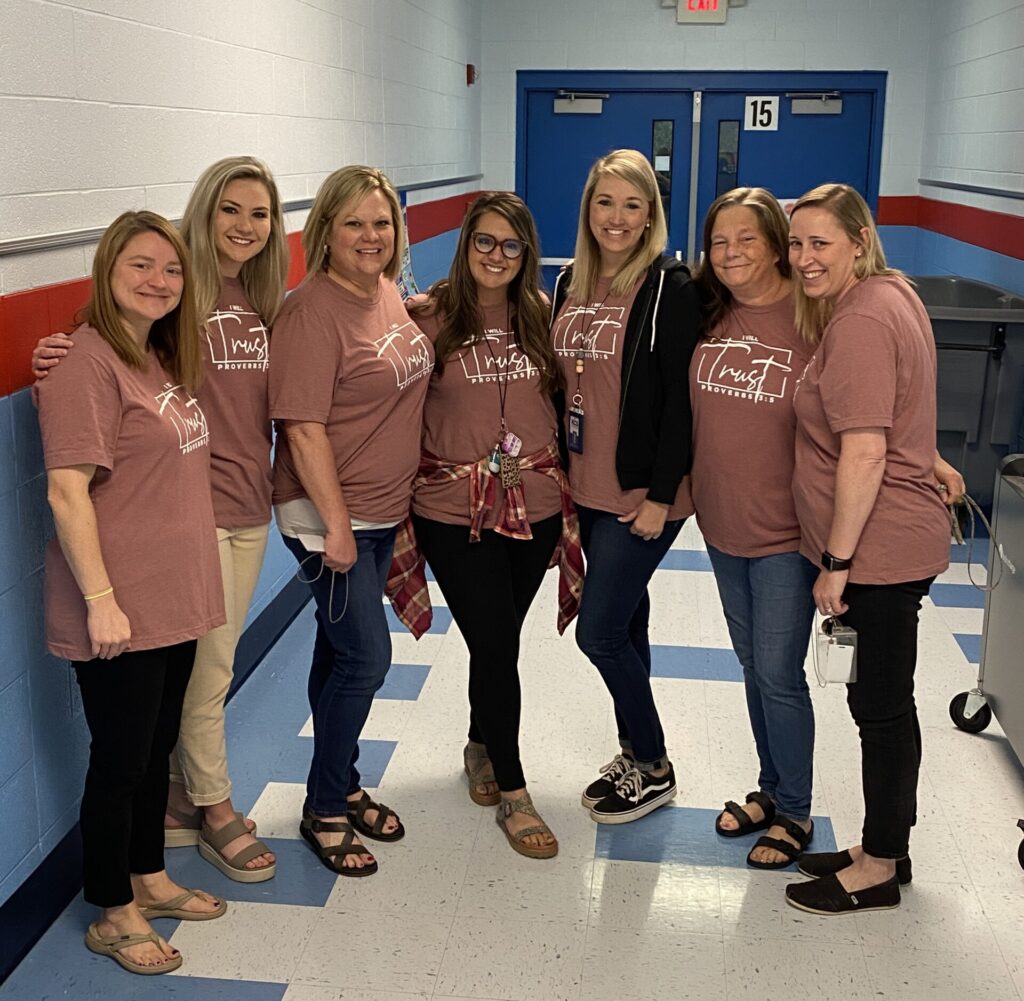
During the family’s Cincinnati stay, the COTA for Natalies Hope team of volunteers was busy planning fundraising events back home in Knoxville. “Before her transplant, we were presented with several options for various organizations that provided fundraising assistance for patients needing transplants, but after hours of research, we determined COTA would be the perfect fit for our family,” Jennifer said. “COTA provided a website we could use to keep connected with our family and friends while we were far away from home. Our volunteers received trainings about setting up fundraisers and using the website. The platform COTA provided allowed us to build a family of Natalie’s followers who could stay up-to-date on what was happening when we posted updates and could easily make online contributions to COTA in honor of Natalie.”
She continued, “Hearing your child needs a life-saving transplant can leave you feeling hopeless. Your mind races in a thousand directions and fear starts to creep in. COTA came along beside us and helped ease some of our fears. They provided us with success stories of other transplant families and their volunteer teams. COTA helped our Community Coordinator every step of the way and provided her with the necessary training and support.”
Over the course of several months, the COTA for Natalies Hope volunteer team utilized COTA’s online templates, fundraising expertise and guidance to raise more than $60,000 to assist with a lifetime of transplant-related expenses. The Atchley family will be forever grateful for their hard work and dedication.
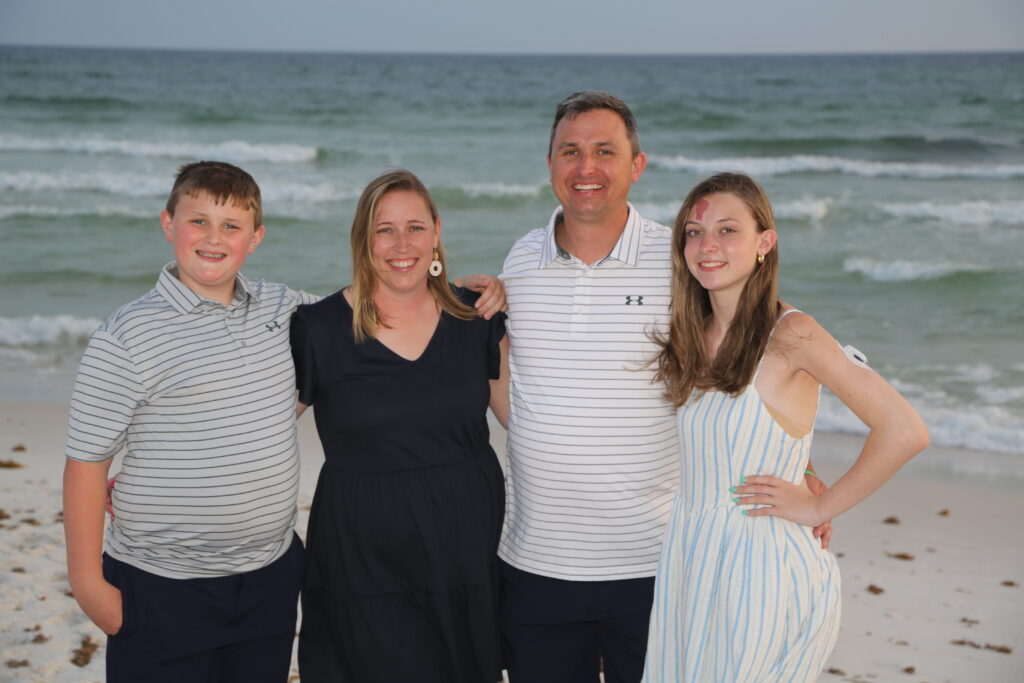
Jennifer hopes that all families who hear the words that their child, teen or young adult needs a life-saving transplant are given information about COTA. She also shared this message for any family just hearing the news that their child needs a life-saving transplant: “Being a new transplant family can be very overwhelming. COTA is here to help. Their guidance and continued support have definitely left a lasting impression on our lives. COTA’s assistance helped us during a very trying time. This support is provided completely free of charge; 100% of funds raised in honor of patients is used for transplant-related expenses.”
Days turned into weeks, weeks turned into months, and months have now turned into almost three years. Natalie has learned how to live a healthy lifestyle as a Type 3C Diabetic, due to not having a pancreas. This month, the Atchley family will be celebrating a huge milestone when Natalie turns 16 – something that did not seem possible during extremely stressful inpatient moments in Cincinnati. The best news? Natalie is enjoying everything a normal teenager does now that she is post-transplant and finally pain free. She has been part of three school musicals. She is able to attend school full-time and loves being able to attend dances and to go to football games with her friends.


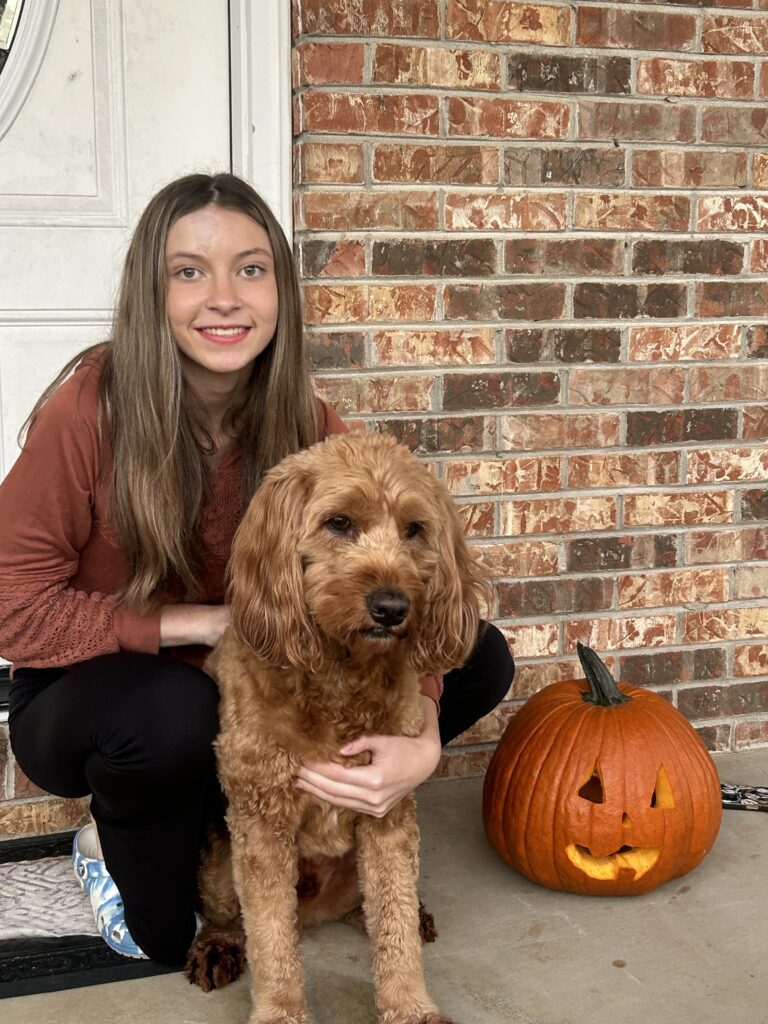
“The number one reason to choose to work with COTA? They make the impossible … possible … by providing a lifetime of support. We are forever grateful to be part of the COTA Family! They truly are the Trusted Leader Supporting Families … For a Lifetime,” Jennifer said.
Happy Mother’s Day to an Amazing COTA Mom!
In 1988, President Ronald Reagan proclaimed May as National Digestive Disease Awareness Month. He encouraged all government agencies and citizens of the U.S., as well as scientific, medical, educational, philanthropic, and health care organizations and professionals, to participate in activities that look into the causes and cures of various digestive diseases. These diseases have been around since ancient times. Physicians in ancient Egypt devoted their care to disorders of individual organs, with gastroenterology as one of their specialties. This subject matter was found in a portion of the surviving medical records written on papyrus. Thankfully, medical science has made significant advances in disease research in recent years. The Total Pancreatectomy with Islet Cell Auto-Transplantation (TPIAT) is one of those advances with the first TPIAT performed in 1977 for the management of chronic pancreatitis, which is recognized as a digestive disease.

